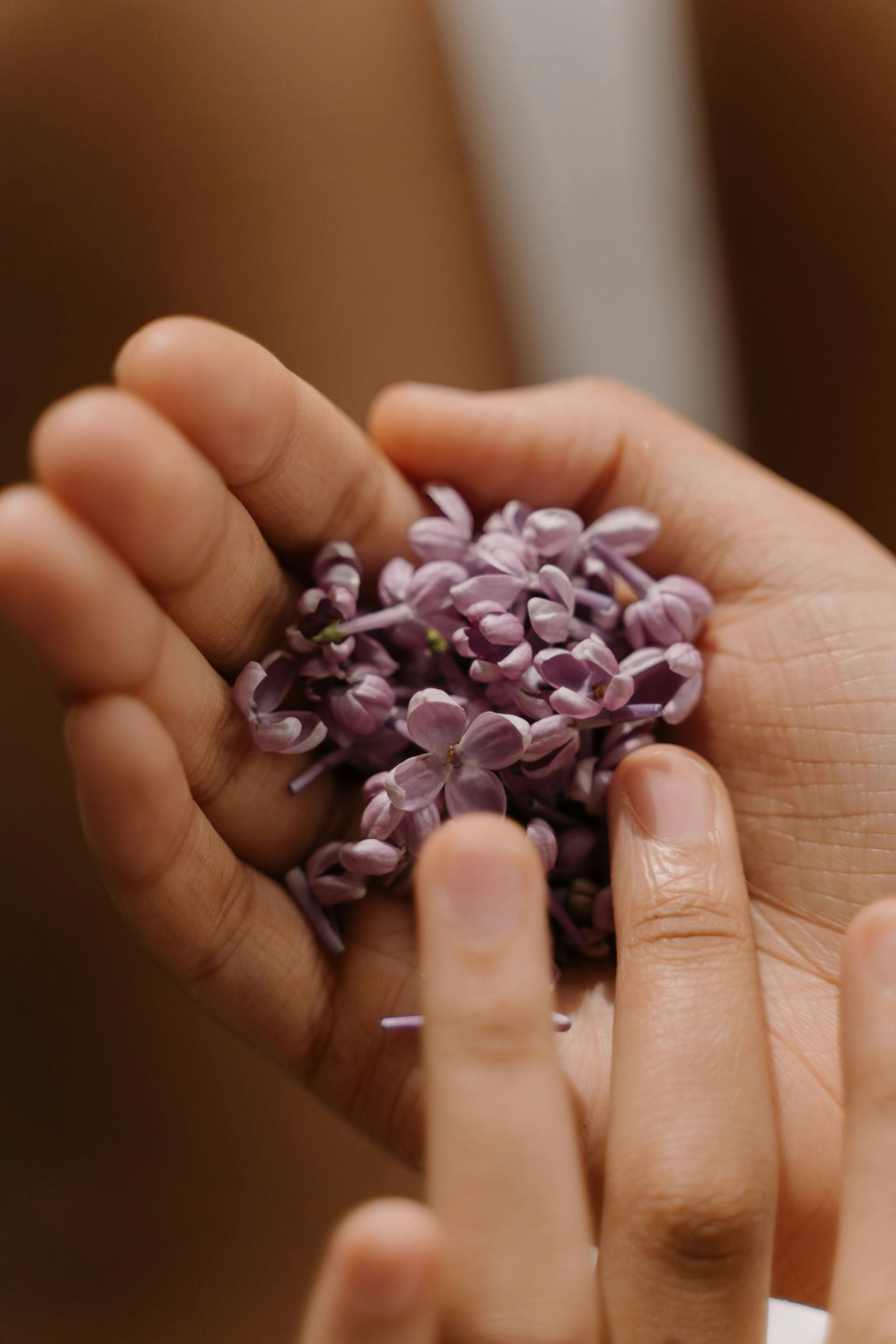Other Skills Programs of Support
Our Other Skills programs provide targeted, evidence-based support for neurodivergent youth, focusing on areas like social skills, well-being, daily living, life skills, work readiness, and sensory integration.
Led by our qualified multi-disciplinary team, these programs combine structured learning with fun, real-world activities to help participants build confidence, independence, and practical skills they can use every day.
What to expect
- Practical capacity building in real-life contexts
- Individualised goals tailored to each participant
- Caregiver involvement through updates, and strategies for home
- Engaging, interactive activities that keep learning fun and meaningful
These programs are designed to help young people grow, thrive, and navigate life with confidence—while giving caregivers the tools to support success.




